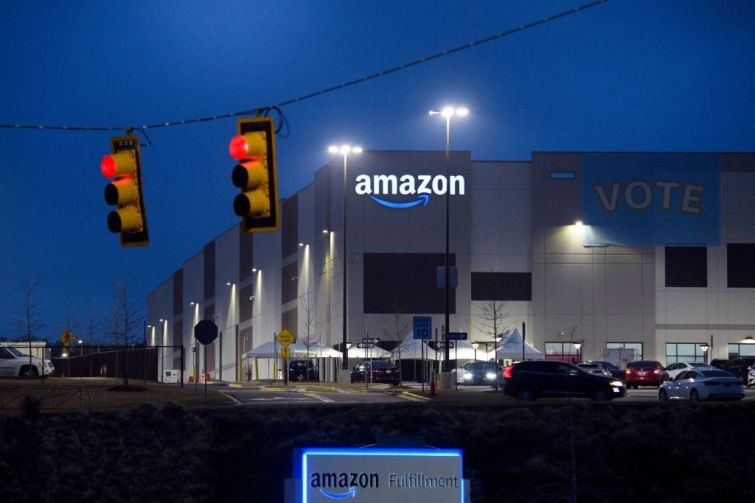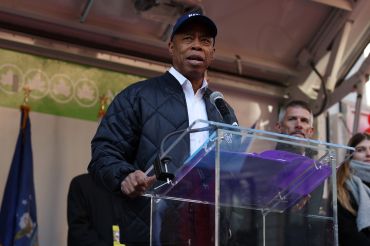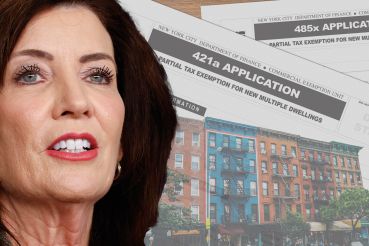Amazon Union Vote in Alabama Hinges on Challenged Ballots
By Celia Young March 31, 2022 5:27 pm
reprints
The much-awaited union election for Amazon (AMZN) workers in Bessemer, Ala., still has no clear winner, due to a large number of challenged ballots.
Workers voted 993-875 not to unionize in a do-over election on March 31. The new election was conducted because a federal body found that the retail giant had interfered in its staffers’ first union election last year. But, with both sides challenging more than 400 ballots, the election isn’t over yet.
The union and Amazon are contesting 416 of the total 1,868 ballots counted, leaving uncertain whether the Bessemer warehouse of the e-commerce giant will form a union. Because of the large number of ballots challenged by either side, which the National Labor Relations Board (NLRB) will address after the preliminary count on Thursday, the ballots could alter the outcome of the election. Either party could also file objections to how the election was conducted, resulting in more delays, and the union has accused Amazon of engaging in unfair labor practices, which could impact the vote as well, according to the NLRB.
The NLRB tallied the mailed-in ballots on Thursday, as observers from Amazon and the Retail, Wholesale, and Department Store Union (RWDSU) watched. Out of 6,153 eligible voters, only one-third sent in votes. Union advocates at an Amazon warehouse in Staten Island, which is also voting on whether to unionize on Thursday, seemed close to a victory in preliminary counts.
In the April election last year in Bessemer, warehouse workers voted against unionizing, with 738 workers in favor out of 3,125 ballots cast. Workers were granted a do-over after the NLRB found that Amazon’s actions during the first election amounted to unfair labor practices.
The RWDSU claimed that the e-commerce giant tried to interfere in the do-over election as well as the original. The RWDSU filed three unfair labor practice charges against Amazon in February last year, claiming that the company was forcing workers to attend meetings where it presented anti-union messages, removed pro-union literature from break rooms and limited workers’ access to the warehouse before and after their shifts.
The NLRB found that Amazon did undermine the election by polling employees on their union leanings in mandatory meetings and pressuring the U.S. Postal Service to install a ballot collection box at the warehouse, which gave the impression that Amazon controlled the election process. The NLRB’s findings prompted the federal agency to formally call for a reelection in November last year. Amazon has previously denied the allegations that it intimidated employees.
Unionization efforts in Bessemer were just the start for advocates of collective bargaining at Amazon. Workers in an Amazon Staten Island Warehouse, known as JFK 8, began their election to be represented by an independent union, the Amazon Labor Union, on March 25, according to the NLRB. That election is expected to conclude on Friday.
Celia Young can be reached at cyoung@commercialobserver.com.


